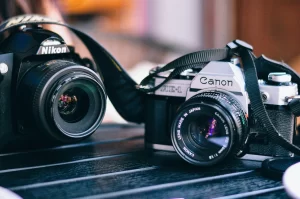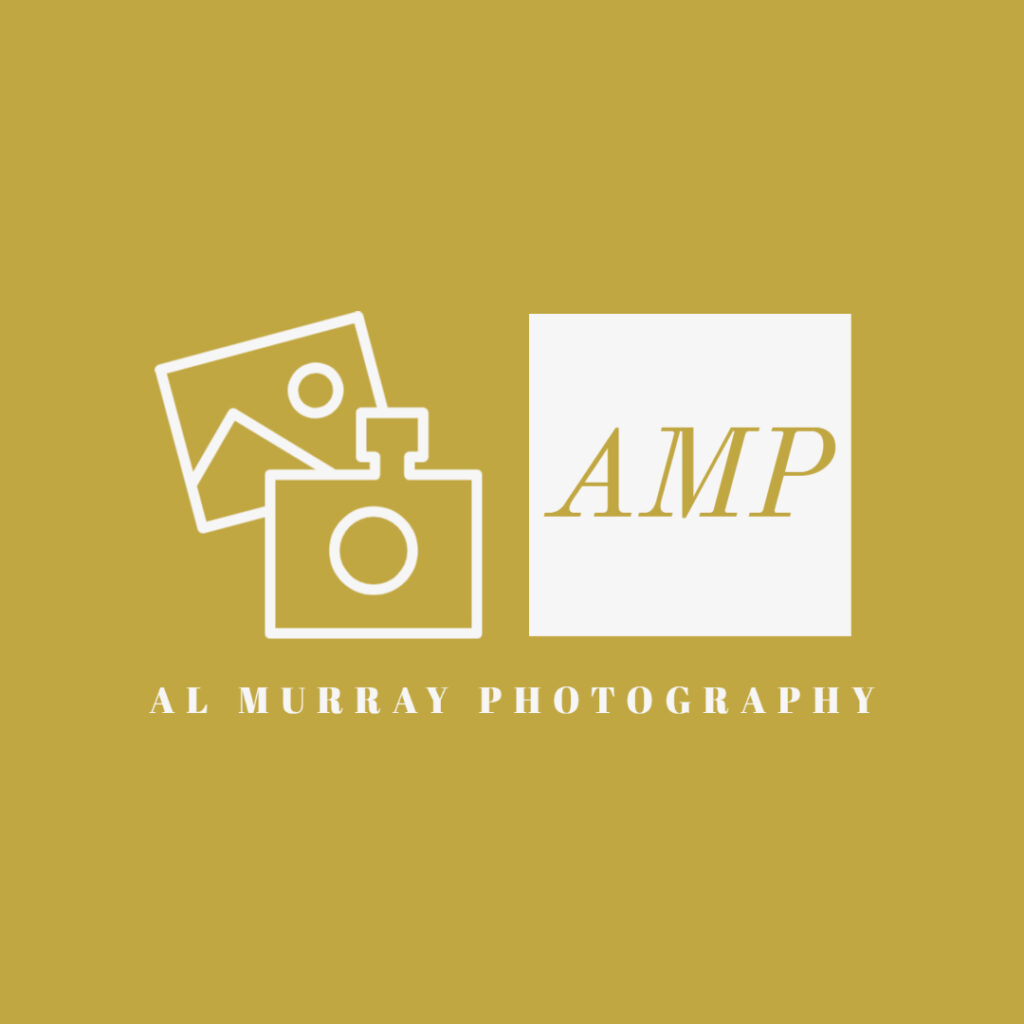The Ultimate Guide to Choosing Your First Camera
.... And How Not To Go Overboard
So, you’ve decided to get into photography? Congratulations! Whether you’re looking to snap some incredible shots for your social media feed or embark on a creative journey that could someday fill a gallery, there’s a whole world waiting for you through the lens of a camera.
Before I go on, I will just say that I was in the same position as you just a few years ago. I dithered. But once I made that jump, it was no turning back for me! I feel fulfilled!
But wait! With so many options out there, how do you pick the right gear without getting lost in a sea of technical jargon? Fear not! I’ve got your back. Let’s take a lighthearted stroll through the essentials you’ll need to start your photography journey—and avoid the common rookie mistakes (like accidentally buying a tripod that could double as a weapon).
How to Choose Your First Camera

Choosing your first camera isn’t just about picking something shiny and new. It’s about finding a camera that fits your needs, budget, and personal style. First things first: what are you planning to shoot? Landscapes? Portraits? Action shots of your dog in a hilarious sweater? (I’ve been there, and yes, it’s totally worth it.)
If you’re unsure, a versatile DSLR or mirrorless camera from a brand like **Canon** (shameless plug) can be a great starting point. Canon’s Rebel series is particularly beginner-friendly, offering fantastic image quality without overwhelming you with advanced features. On the other hand, if you want something lighter and more compact, Canon’s **EOS M50 Mark II** mirrorless camera packs a punch with its small frame and excellent video quality.
What Are the Popular Camera Brands
Okay, so you’ve probably heard of a few big names like **Canon**, **Nikon**, **Sony**, and **Fujifilm**. But how do you know which one’s right for you? Here’s a breakdown of the top players:
– **Canon**: Known for their user-friendly interfaces and excellent color science (that means your photos will look pretty much perfect straight out of the camera). Canon’s DSLRs and mirrorless models are widely loved for their sharp image quality and ease of use.
– **Nikon**: If you’re a fan of amazing image sharpness and a more traditional layout, Nikon’s DSLRs and mirrorless cameras are popular choices. A great option if you want to shoot sharp, detailed landscapes or portraits.
– **Sony**: The go-to for videographers and vloggers, thanks to their mirrorless cameras offering 4K video and fantastic autofocus. You’ll find many professional YouTubers shooting with Sony.
– **Fujifilm**: A bit of a hipster brand (and I mean that in the best way). Fujifilm is known for producing fantastic colors and retro-style cameras that’ll make you feel like you’re shooting on film—even if you’re not.
While each brand has its strengths, I’ll always have a soft spot for Canon. They make everything easy to understand and offer fantastic quality at an affordable price point for beginners. I started with their “Rebel” line a few years ago and now have graduated to a mirrorless R5 and a DSLR Mark 6 as a backup.
What are the Differences Between a Film, DLSR and a Mirrorless Camera

This can get a little technical, but don’t worry—I’ll break it down.
– **Film Camera**: Remember those days of buying rolls of film at the store and waiting to get your pictures developed? That’s a film camera. It’s traditional, it’s nostalgic, and it teaches you to be patient because you can’t immediately check your shots. Many photographers love the “look” of film, even in the digital age.
– **DSLR Camera**: The good ol’ **Digital Single Lens Reflex (DSLR)** camera is what most professional photographers use. It has a mirror inside, so when you look through the viewfinder, you’re actually seeing exactly what the camera sees. DSLRs are great for beginners because they offer manual controls but are still user-friendly.
– **Mirrorless Camera**: These are the cool, sleek cousins of DSLRs. Mirrorless cameras don’t have the internal mirror, making them lighter and more compact. They use an electronic viewfinder or the LCD screen to display the image, which can be more precise for composition. While they’re smaller, they’re also more advanced and offer great autofocus for things like video.
The Best Camera for a Beginner Photographer
If I had to pick the best all-around beginner-friendly camera, it’d be the **Canon EOS Rebel T8i**. It’s affordable, packed with features, and versatile enough to cover everything from portraits to landscapes to family photos. You get a 24.1 MP sensor, fast autofocus, and a nice LCD touchscreen that makes navigating menus easy. Plus, Canon’s lenses are top-notch.
Now several of my friends and former instructors will disagree. Sony and Nikkon have their strong supporters. Join a Facebook group; search the internet; go on some photo walkabouts. Then ask others what they prefer and why.
This is why I suggest start with a less expensive model or rent various models from a camera store for a weekend run. Test it out and truly find out if you can work with it before buying. Here in Canada, Vistek has a great rental program.
What Are One or Two Lenses That a Beginner Should Invest In?
Lenses are where things get fun (and a little more expensive). For beginners, I recommend:
1. **Canon 50mm f/1.8**: Also known as the “nifty fifty,” this lens is a game-changer. It’s inexpensive, incredibly sharp, and perfect for portraits with that beautiful, blurry background (aka bokeh).
2. **Canon 18-55mm kit lens**: This is the lens that often comes with beginner DSLRs. It’s versatile, lightweight, and covers most basic photography needs like landscapes, portraits, and travel shots.
Again renting various lenses for the weekend, is a great way to find which would be your sweet spot.
What Are the Best Resources for a New or Intermediate Photographer?
The internet is a goldmine of photography resources. Here are some great places to start:
– **YouTube Channels**: Follow channels like **Peter McKinnon** for tips on gear and editing, or **Mango Street** for creative shooting techniques. Peter is one of my particular favorites.
– **Photography Blogs**: Of course, there’s this one! Check out other blogs like **Fstoppers** and **Digital Photography School** for tutorials, gear reviews, and tips.
– **Online Courses**: Consider a course on platforms like **Skillshare** or **Udemy** to get structured learning on everything from basic composition to advanced editing.
Ready to Start Your Photography Journey?
Conclusion
I know it can feel overwhelming to choose your first camera, but remember: you don’t have to get the best of the best right away. Start with something simple, learn the ropes, and upgrade when you feel ready.
And if you ever need inspiration, photography tips, or custom photo services, **visit Al Murray Photography**. We’d love to help you capture life’s best moments!

Please note: The opinions expressed in this document should never be construed as advice. The thoughts are based on my experiences after 40-plus years of business and vacation travel. My likes and dislikes may vary drastically from yours. Do your research and find products and experiences that align with your likes and dislikes. Most of all have happy travels and see you out there on the road!
Al of Al Murray Travel & Photography: From the time in my youth, when I would lay on our garage roof watching planes traverse the skies above me, I knew I wanted to see the world.
My passion grew after spending a semester of my university days in Barcelona. I spent more time on trains and buses than I did in class.
After earning my BA from Carleton University, life got in the way. But I did find time to graduate again from George Brown in Fitness and Lifestyle Management and then work my way through most of a degree in Sports Administration. However I needed to find work and pay for all this education!
It wasn’t until my “middle age” did I start exploring the world again. First, transversing the US and Canada to take part in tennis tournaments. Then later to complete my spectator “grand slam” of tennis.
I accomplished this while earning my certificate in photography from Toronto Metropolitan University. I am now combining the two passions and now sharing with you my many lessons learned.

